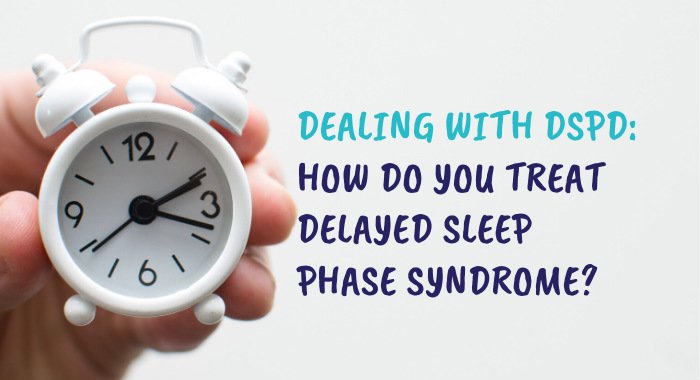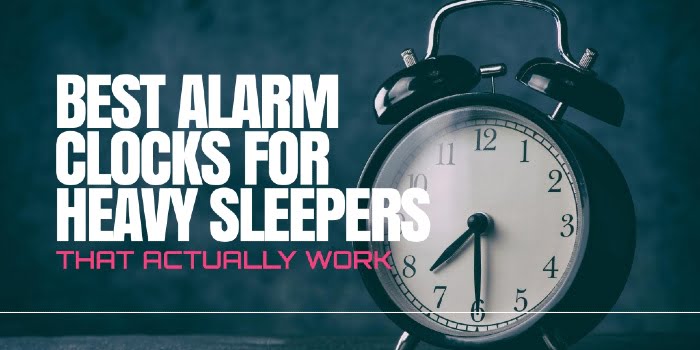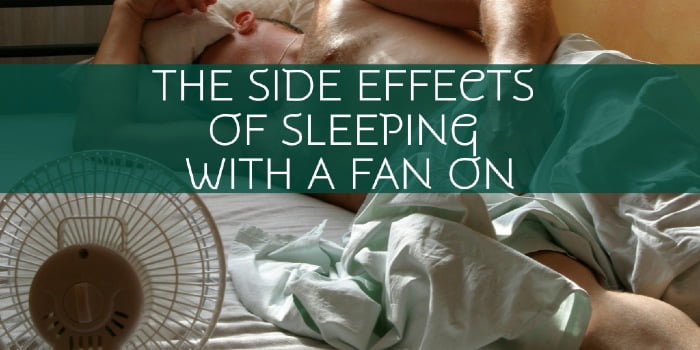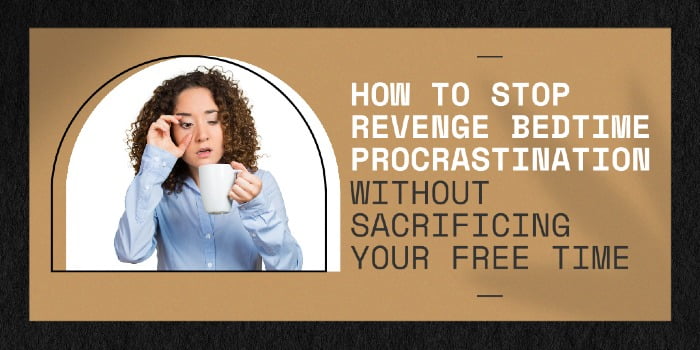Let me set the scene here. It’s dark and in the dead of night. Not a creature should be stirring, not even a mouse. And yet, here you are, feeling more awake than ever.
Now, this is not because you are incapable of sleeping or have insomnia. There are no problems getting to sleep or staying asleep – it’s just at the wrong times.
Delayed Sleep Phase Syndrome, or Delayed Sleep Phase Disorder, can have a massive effect and distribution on your life that people don’t often see or understand. But you’re not stuck with it. There are ways that you can help treat and ease your DSPD.
What is DSPD?
DSPD is a sleep disorder that affects and misaligns your circadian rhythm, making you sleep at the wrong times.
It’s currently responsible for 10% of all chronic insomnia cases.
In order to understand DSPD, you need to understand the circadian rhythm. This is your body’s natural clock that regulates and controls when you should be asleep and when you should be awake.
Your circadian rhythm is controlled by light. Generally, when you sense light your body will recognise that it’s time to be awake. When it’s dark, you’ll start to produce sleep hormones like melatonin to help put you to sleep. Because we use the light, we should ideally wake up with the sunrise and sleep with the sunset.

With DSPD, your circadian rhythm is set to abnormal times. So, you might want to go to sleep at 4 am and sleep throughout the day.
DSPD is more than being a night owl. You’re not staying up because you want to, it’s because you physically aren’t programmed to sleep any earlier.
It’s a condition that can affect around 1 in 600 adults, according to studies in the 1990s. The exact number is unclear but is suspected to affect 7-16% of adolescents and young people. It’s most common among teenagers, which can also have a knock-on effect on their education.
What are the symptoms of DSPD?
The symptoms of delayed sleep phase syndrome depend on how much sleep you’re getting. If you’re able to complete a full night’s sleep (albeit at unusual hours!) you’ll be able to function as normal.
The problems with DSPD come by cutting your sleep short and trying to follow a ‘normal’ day with your unusual sleep hours. The symptoms include:
- An inability to fall asleep at the ‘right time’. You can’t immediately change your sleep pattern by several hours. If you try to sleep earlier, you’ll struggle. It’s the equivalent of trying to put yourself to bed at 4 pm out of the blue.
- An inability to wake up at the right time. Because of your sleep pattern is different, you might be in a deep sleep making it harder to wake up when you need to, particularly if you’re in stage 3 or 4 of the sleep cycle. This means missed alarms and being late for events because you were in a deep sleep, impacting on your day-to-day life.
- Feeling tired or groggy. If you haven’t got a full night’s rest, you won’t be at your best the next day.
If you’re missing out on sleep for a long period of time, you may also suffer from chronic tiredness or sleep deprivation. This can lead to a range of health conditions, including depression, type 2 diabetes, heart disease, cancer, and more.
How do you treat Delayed Sleep Phase Syndrome?

Right, now that the science and explanations are out of the way, let’s get into the good stuff. Here are the tips you need to try to help ease your symptoms and treat your DSPD.
1. Make gradual changes
Big changes don’t happen all at once. If you want to alter your circadian rhythm, you’re going to have to do it gradually.
Yeah, there’s no instant ‘fix’ here.
If you try to go to sleep at your ideal time straight away, you’ll be laying wide awake for hours. That’s no good to anyone. Instead, go to sleep 15 minutes earlier than normal. If you do this every night, over a few weeks you’ll be able to get into the routine that you want to be in.
When you’re doing this, it’s also a good idea to avoid things like caffeine at night. This blocks a chemical called adenosine, so you no longer feel tired.
2. Create a better sleep environment
If you want to improve your sleep, you need to build the best environment for you to sleep in.
It’s simple logic. If you want to exercise, you go to a gym filled with equipment for you to use. If you want to might a great meal, you’ll go into your kitchen with all the right utensils and ingredients. Get the picture?
That’s why you need to make sure that your bedroom is set up for sleep. This means keeping it clean and clutter-free, cool and quiet. And of course, making sure that you have the right mattress to get some zzz’s on.
3. Try bright light therapy
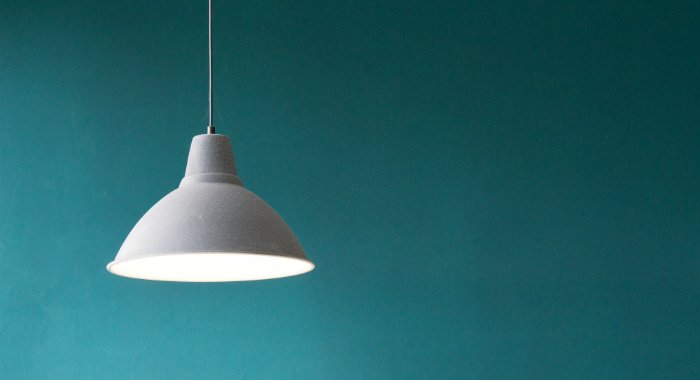
Your circadian rhythm is controlled by light.
To help reset it, you can use bright light therapy to help alter your sleep/wake times. Bright light therapy is where you use controlled exposure to strong light levels in the morning. This will help signal to your body that it’s time to be awake.
At night, you limit your exposure to light. Without light, your body will start to produce melatonin, preparing your body for sleep.
For added benefit, you might want to consider going outside and watching the sunset or sunrise.
4. Chronotherapy
Instead of trying to move your sleep schedule earlier, some people might find better luck moving it later.
This means that you go to bed slightly later every night until eventually, you reach your desired sleep times. Generally, it’s recommended to delay your sleep for 2 hours, adding more time every few days. For some people, this can work better, as keeping yourself awake for an extra hour or so is easier than trying to sleep 15 minutes sooner.
This doesn’t work for everyone though. It’s all about finding a method that works for you.
Would moving time zones cure DSPD?
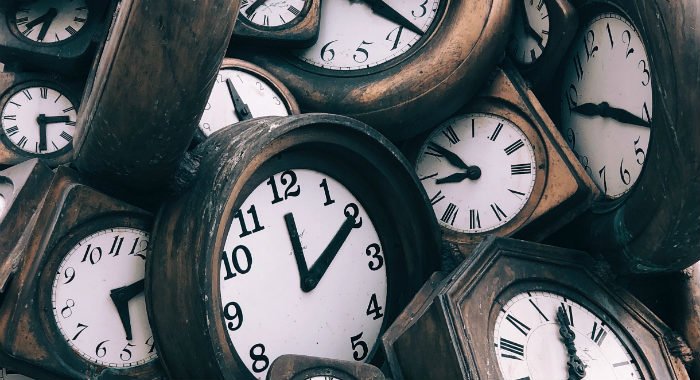
If you haven’t got any commitments keeping you to your area, moving might seem like a simple solution.
After all, if your sleep cycle is shifted by a couple of hours, if you move somewhere with a different time zone you’ll automatically sleep at the right times, right?
In the first part, this is true. You would sleep at ‘normal’ hours. But as your body recognises that you’re in a different time zone, it will try to resync itself back to your old ways. So, in a few weeks, you’ll have the same problem again.
Still no luck? Ask your doctor about melatonin
As we’ve covered before, melatonin is the hormone that helps send you to sleep.
If you’re struggling to sleep and right your schedule, you can try using melatonin supplements to kick-start your body into getting you into sleep mode. These supplements will work roughly 30 minutes after you’ve taken them and can stay in your system for roughly 5 hours.
If you’re trying to gradually adjust your cycle, slowly adjust the time that you take the supplement, bringing it forward by around 15 minutes every night.
Although over-the-counter melatonin supplements do exist, it’s always recommended that you should visit your GP for advice on the best dosage for you.
Don’t give up

Delayed sleep phase syndrome is a difficult condition to overcome. But it can be treated. It just takes time, patience and perseverance.
Even though it may be tempting to slip into old routines or catch up on sleep on your day off, this won’t help you in the long run. Changing your sleep cycle needs reliable sleep schedules and times before it will start to become natural.
If you’re going to bed 15 minutes earlier every night, stick to it. Don’t relapse and try to jump back in. If you’re trying chronotherapy or bright light therapy, give your body enough time to adjust. Stay at them for a few weeks to see if it’s made any improvements or not.
After a while, this should start to become more natural and second nature. But there’s always a chance you might slip back into old routines – so don’t give up.
If you’re still struggling, book an appointment with your GP to talk through melatonin supplements or any other advice that can help restore your night and help make you feel more like yourself again.
Need more tips and tricks on getting to sleep? Discover our range of sleep solutions and tips here that can help you sleep soundlessly and catch up on some much needed zzz’s.
